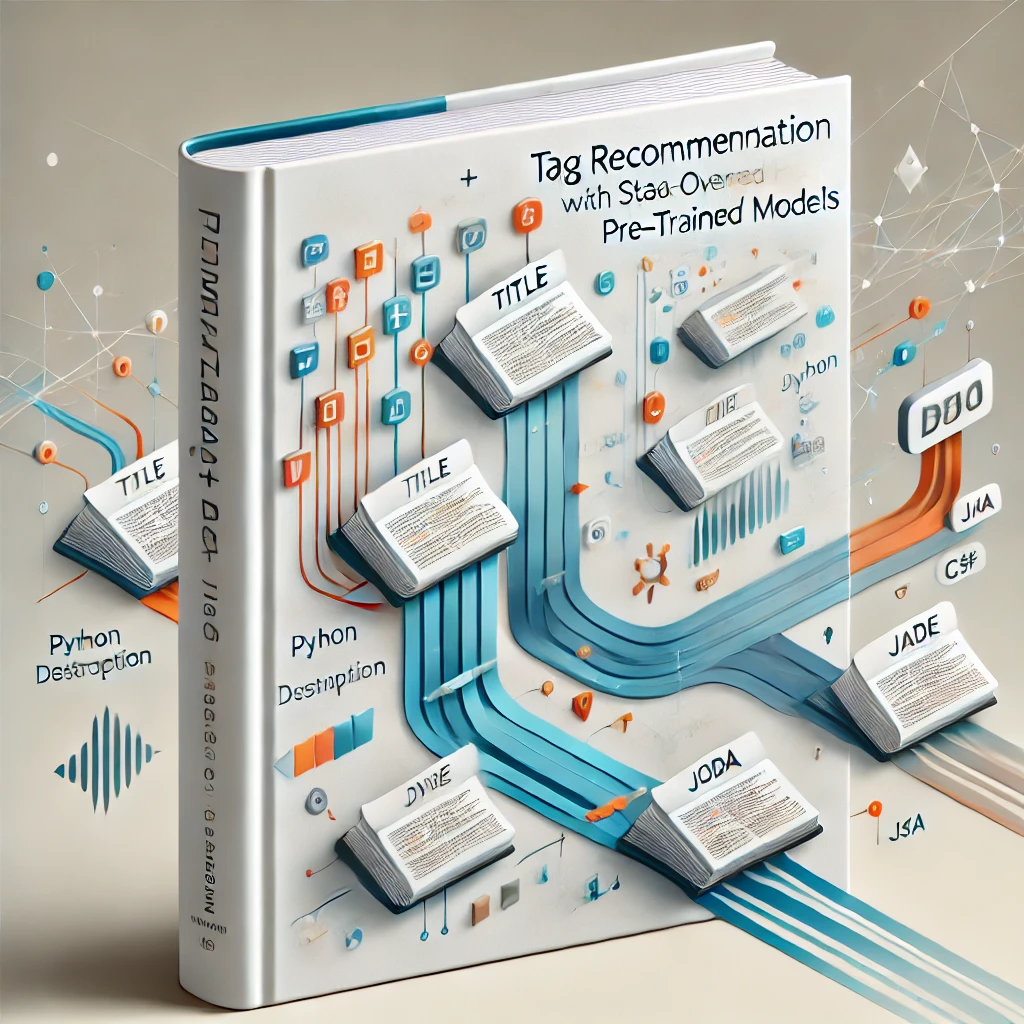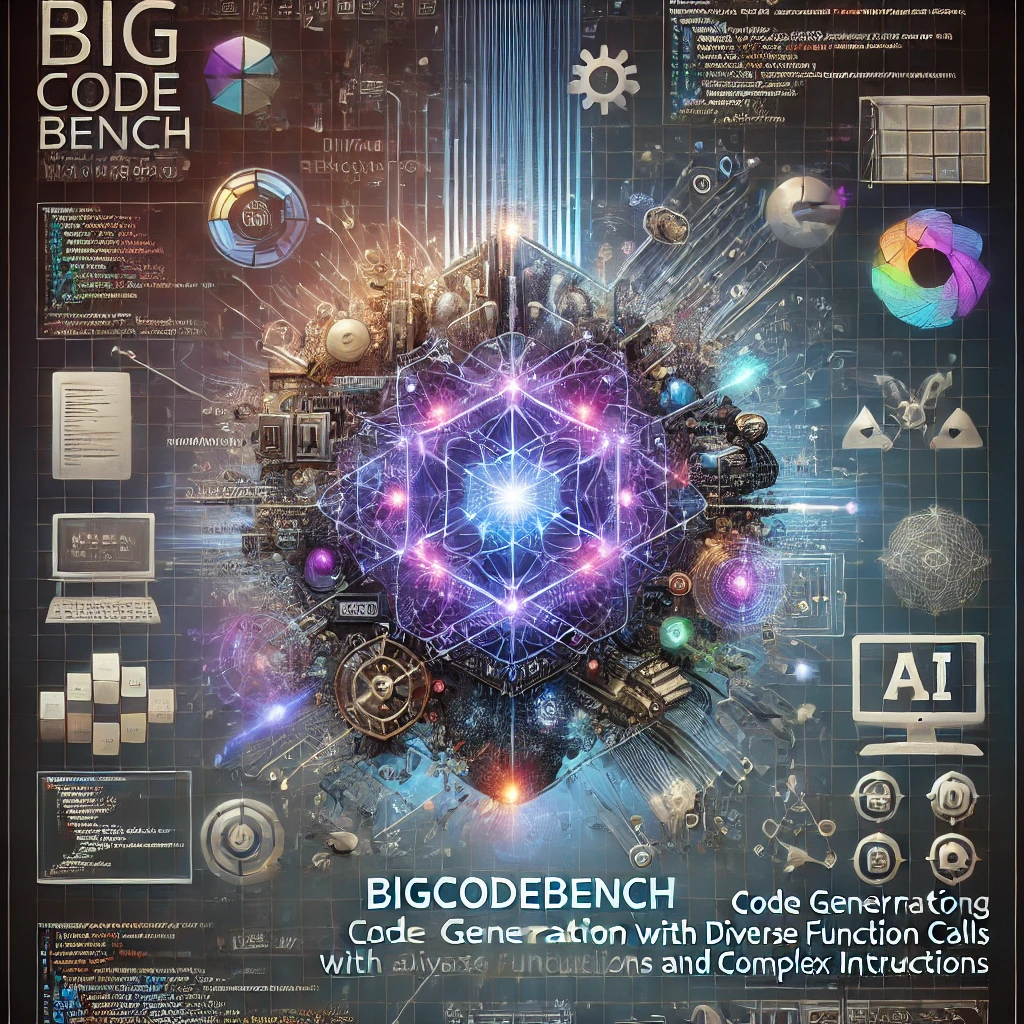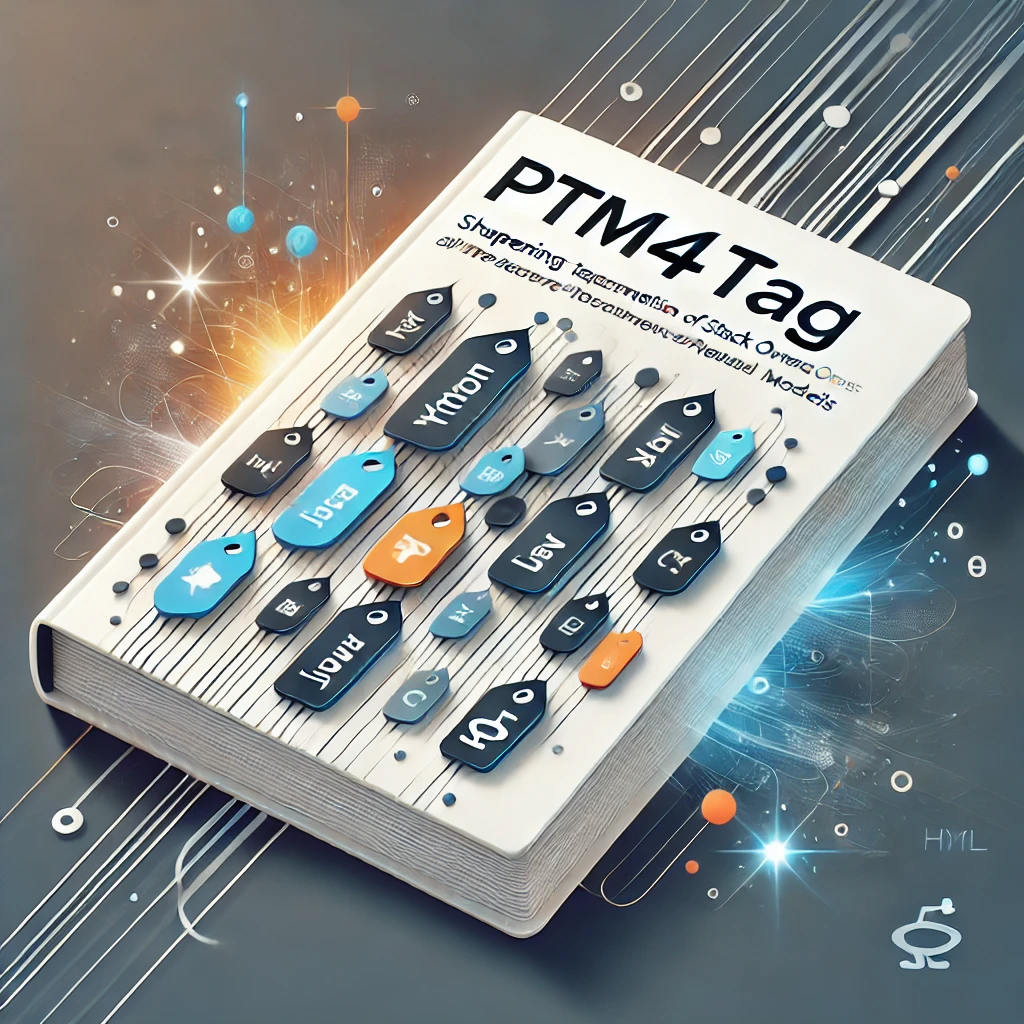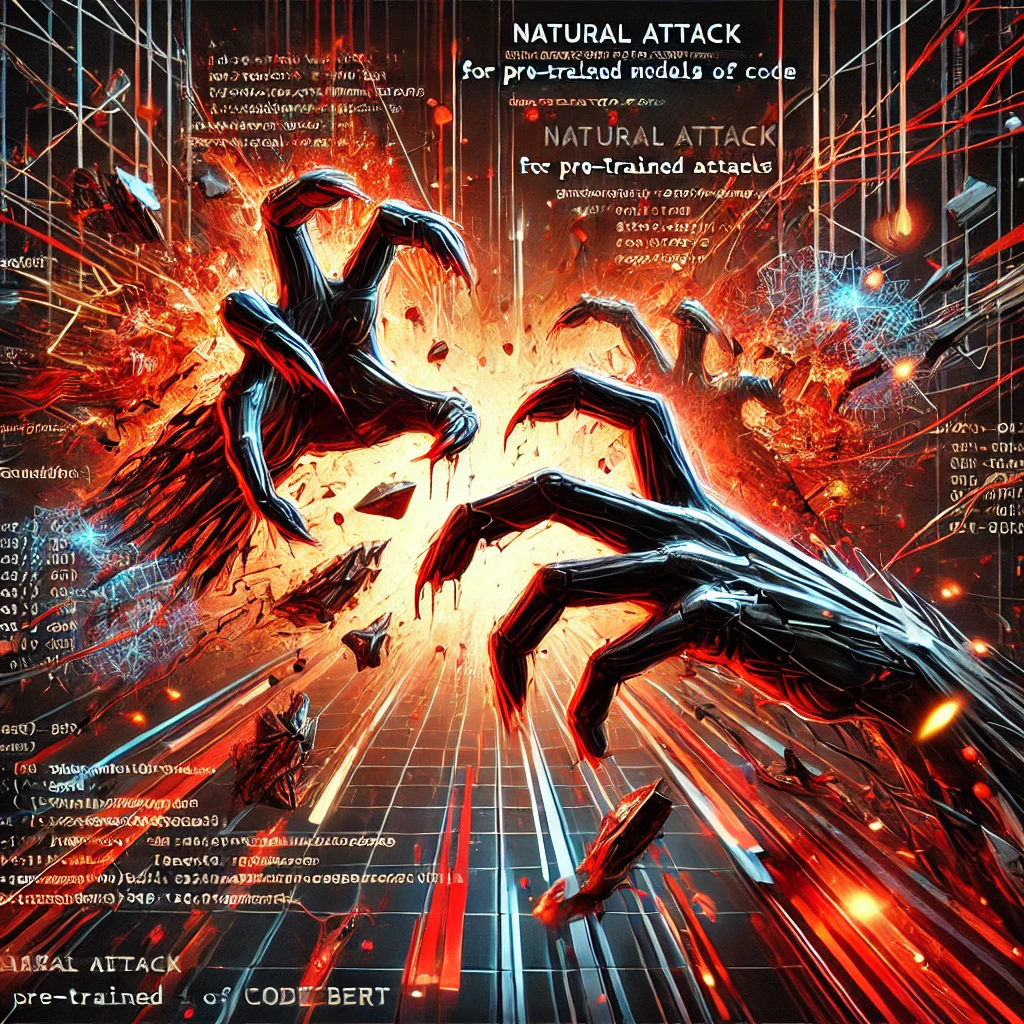
 Research Engineer
Research EngineerI am Junda He (何俊达), a third-year PhD candidate and research engineer at Singapore Management University (SMU), supervised by ACM Fellow, IEEE Fellow, ASE Fellow, and ACM Distinguished Speaker, Prof. David Lo. Before joining SMU, I obtained my M.Sc and B.Sc degrees from University College London (UCL). My current research mainly focuses on both SE4AI and AI4SE. I warmly welcome anyone interested to connect and collaborate with me.
Warning
Problem: The current name of your GitHub Pages repository ("Solution: Please consider renaming the repository to "
http://".
However, if the current repository name is intended, you can ignore this message by removing "{% include widgets/debug_repo_name.html %}" in index.html.
Action required
Problem: The current root path of this site is "baseurl ("_config.yml.
Solution: Please set the
baseurl in _config.yml to "Education
-
 Singapore Management UniversitySchool of Computing and Information Systems
Singapore Management UniversitySchool of Computing and Information Systems
Ph.D. CandidateAug. 2022 - present -
 University College LondonMSc in Software EngineeringSep. 2019 - Dec. 2020
University College LondonMSc in Software EngineeringSep. 2019 - Dec. 2020 -
 University College LondonBSc in Computer ScienceSep. 2016 - July. 2019
University College LondonBSc in Computer ScienceSep. 2016 - July. 2019
Honors & Awards
-
SMU Presidential Doctoral Fellowship2024
-
ACM SIGSOFT CAPS Travel Funds2024
News
Selected Publications (view more )

From Code to Courtroom: LLMs as the New Software Judges
Junda He, Jieke Shi, Terru Zhuo Yue et al.
Under review. 2025
This forward-looking SE 2030 paper aims to steer the research community toward advancing LLM-as-a-Judge for evaluating LLMgenerated software artifacts, while also sharing potential research paths to achieve this goal. We provide a literature review of existing SE studies on LLM-as-a-Judge and envision these frameworks as reliable, robust, and scalable human surrogates capable of evaluating software artifacts with consistent, multi-faceted assessments by 2030 and beyond. To validate this vision, we analyze the limitations of current studies, identify key research gaps, and outline a detailed roadmap to guide future developments of LLM-as-a-Judge in software engineering..
From Code to Courtroom: LLMs as the New Software Judges
Junda He, Jieke Shi, Terru Zhuo Yue et al.
Under review. 2025
This forward-looking SE 2030 paper aims to steer the research community toward advancing LLM-as-a-Judge for evaluating LLMgenerated software artifacts, while also sharing potential research paths to achieve this goal. We provide a literature review of existing SE studies on LLM-as-a-Judge and envision these frameworks as reliable, robust, and scalable human surrogates capable of evaluating software artifacts with consistent, multi-faceted assessments by 2030 and beyond. To validate this vision, we analyze the limitations of current studies, identify key research gaps, and outline a detailed roadmap to guide future developments of LLM-as-a-Judge in software engineering..

LLM-Based Multi-Agent Systems for Software Engineering: Literature Review, Vision and the Road Ahead
Junda He, Christoph Treude, David Lo
ACM Transactions on Software Engineering and Methodology (TOSEM) 2025
Integrating Large Language Models (LLMs) into autonomous agents marks a significant shift in the research landscape by offering cognitive abilities that are competitive with human planning and reasoning. This paper explores the transformative potential of integrating Large Language Models into Multi-Agent (LMA) systems for addressing complex challenges in software engineering (SE).
LLM-Based Multi-Agent Systems for Software Engineering: Literature Review, Vision and the Road Ahead
Junda He, Christoph Treude, David Lo
ACM Transactions on Software Engineering and Methodology (TOSEM) 2025
Integrating Large Language Models (LLMs) into autonomous agents marks a significant shift in the research landscape by offering cognitive abilities that are competitive with human planning and reasoning. This paper explores the transformative potential of integrating Large Language Models into Multi-Agent (LMA) systems for addressing complex challenges in software engineering (SE).

PTM4Tag+: Tag Recommendation of Stack Overflow Posts with Pre-trained Models
Junda He, Bowen Xu, Zhou Yang et al.
Empirical Software Engineering (EMSE) 2025
Inspired by the recent success of pre-trained models (PTMs) in natural language processing (NLP), we present PTM4Tag+, a tag recommendation framework for Stack Overflow posts that utilizes PTMs in language modeling. PTM4Tag+ is implemented with a triplet architecture, which considers three key components of a post, i.e., Title, Description, and Code, with independent PTMs. We utilize a number of popular pre-trained models, including the BERT-based models (e.g., BERT, RoBERTa, CodeBERT, BERTOverflow, and ALBERT), and encoder-decoder models (e.g., PLBART, CoTexT, and CodeT5).
PTM4Tag+: Tag Recommendation of Stack Overflow Posts with Pre-trained Models
Junda He, Bowen Xu, Zhou Yang et al.
Empirical Software Engineering (EMSE) 2025
Inspired by the recent success of pre-trained models (PTMs) in natural language processing (NLP), we present PTM4Tag+, a tag recommendation framework for Stack Overflow posts that utilizes PTMs in language modeling. PTM4Tag+ is implemented with a triplet architecture, which considers three key components of a post, i.e., Title, Description, and Code, with independent PTMs. We utilize a number of popular pre-trained models, including the BERT-based models (e.g., BERT, RoBERTa, CodeBERT, BERTOverflow, and ALBERT), and encoder-decoder models (e.g., PLBART, CoTexT, and CodeT5).

BigCodeBench: Benchmarking Code Generation with Diverse Function Calls and Complex Instructions
Terry Yue Zhuo, Minh Chien Vu*, Jenny Chim*, Junda He*, Indraneil Paul* et al. (* equal contribution)
International Conference on Learning Representations (ICLR) 2025
Task automation has been greatly empowered by the recent advances in Large Language Models (LLMs) via Python code, where the tasks ranging from software engineering development to general-purpose reasoning. While current benchmarks have shown that LLMs can solve tasks using programs like human developers, the majority of their evaluations are limited to short and self-contained algorithmic tasks or standalone function calls. Solving challenging and practical requires the capability of utilizing diverse function calls as tools to efficiently implement functionalities like data analysis and web development. In addition, using multiple tools to solve a task needs compositional reasoning by accurately understanding complex instructions. Fulfilling both of these characteristics can pose a great challenge for LLMs.
BigCodeBench: Benchmarking Code Generation with Diverse Function Calls and Complex Instructions
Terry Yue Zhuo, Minh Chien Vu*, Jenny Chim*, Junda He*, Indraneil Paul* et al. (* equal contribution)
International Conference on Learning Representations (ICLR) 2025
Task automation has been greatly empowered by the recent advances in Large Language Models (LLMs) via Python code, where the tasks ranging from software engineering development to general-purpose reasoning. While current benchmarks have shown that LLMs can solve tasks using programs like human developers, the majority of their evaluations are limited to short and self-contained algorithmic tasks or standalone function calls. Solving challenging and practical requires the capability of utilizing diverse function calls as tools to efficiently implement functionalities like data analysis and web development. In addition, using multiple tools to solve a task needs compositional reasoning by accurately understanding complex instructions. Fulfilling both of these characteristics can pose a great challenge for LLMs.

Curiosity-Driven Testing for Sequential Decision-Making Process
Junda He, Zhou Yang, Jieke Shi et al.
International Conference on Software Engineering (ICSE) 2024
Sequential decision-making processes (SDPs) are fundamental for complex real-world challenges, such as autonomous driving, robotic control, and traffic management. While recent advances in Deep Learning (DL) have led to mature solutions for solving these complex problems, SDMs remain vulnerable to learning unsafe behaviors, posing significant risks in safety-critical applications. However, developing a testing framework for SDMs that can identify a diverse set of crash-triggering scenarios remains an open challenge. To address this, we propose CureFuzz, a novel curiosity-driven black-box fuzz testing approach for SDMs.
Curiosity-Driven Testing for Sequential Decision-Making Process
Junda He, Zhou Yang, Jieke Shi et al.
International Conference on Software Engineering (ICSE) 2024
Sequential decision-making processes (SDPs) are fundamental for complex real-world challenges, such as autonomous driving, robotic control, and traffic management. While recent advances in Deep Learning (DL) have led to mature solutions for solving these complex problems, SDMs remain vulnerable to learning unsafe behaviors, posing significant risks in safety-critical applications. However, developing a testing framework for SDMs that can identify a diverse set of crash-triggering scenarios remains an open challenge. To address this, we propose CureFuzz, a novel curiosity-driven black-box fuzz testing approach for SDMs.

Representation Learning for Stack Overflow Posts: How Far Are We?
Junda He, Xin Zhou, Bowen Xu, Ting Zhang, Kisub Kim, Zhou Yang, Ferdian Thung, Ivana Clairine Irsan, David Lo
ACM Transactions on Software Engineering and Methodology (TOSEM) 2024
The tremendous success of Stack Overflow has accumulated an extensive corpus of software engineering knowledge, thus motivating researchers to propose various solutions for analyzing its content. The performance of such solutions hinges significantly on the selection of representation models for Stack Overflow posts. As the volume of literature on Stack Overflow continues to burgeon, it highlights the need for a powerful Stack Overflow post representation model and drives researchers' interest in developing specialized representation models that can adeptly capture the intricacies of Stack Overflow posts. The state-of-the-art (SOTA) Stack Overflow post representation models are Post2Vec and BERTOverflow, which are built upon neural networks such as convolutional neural network and transformer architecture (e.g., BERT). Despite their promising results, these representation methods have not been comprehensively evaluated.
Representation Learning for Stack Overflow Posts: How Far Are We?
Junda He, Xin Zhou, Bowen Xu, Ting Zhang, Kisub Kim, Zhou Yang, Ferdian Thung, Ivana Clairine Irsan, David Lo
ACM Transactions on Software Engineering and Methodology (TOSEM) 2024
The tremendous success of Stack Overflow has accumulated an extensive corpus of software engineering knowledge, thus motivating researchers to propose various solutions for analyzing its content. The performance of such solutions hinges significantly on the selection of representation models for Stack Overflow posts. As the volume of literature on Stack Overflow continues to burgeon, it highlights the need for a powerful Stack Overflow post representation model and drives researchers' interest in developing specialized representation models that can adeptly capture the intricacies of Stack Overflow posts. The state-of-the-art (SOTA) Stack Overflow post representation models are Post2Vec and BERTOverflow, which are built upon neural networks such as convolutional neural network and transformer architecture (e.g., BERT). Despite their promising results, these representation methods have not been comprehensively evaluated.

PTM4Tag: Sharpening Tag Recommendation of Stack Overflow Posts with Pre-trained Models
Junda He, Bowen Xu, Zhou Yang, DongGyun Han, Chengran Yang, David Lo
IEEE/ACM International Conference on Program Comprehension (ICPC) 2022
Stack Overflow is often viewed as one of the most influential Software Question & Answer (SQA) websites, containing millions of programming-related questions and answers. Tags play a critical role in efficiently structuring the contents in Stack Overflow and are vital to support a range of site operations, e.g., querying relevant contents. Poorly selected tags often introduce extra noise and redundancy, which raises problems like tag synonym and tag explosion. Thus, an automated tag recommendation technique that can accurately recommend high-quality tags is desired to alleviate the problems mentioned above. Inspired by the recent success of pre-trained language models (PTMs) in natural language processing (NLP), we present PTM4Tag, a tag recommendation framework for Stack Overflow posts that utilize PTMs.
PTM4Tag: Sharpening Tag Recommendation of Stack Overflow Posts with Pre-trained Models
Junda He, Bowen Xu, Zhou Yang, DongGyun Han, Chengran Yang, David Lo
IEEE/ACM International Conference on Program Comprehension (ICPC) 2022
Stack Overflow is often viewed as one of the most influential Software Question & Answer (SQA) websites, containing millions of programming-related questions and answers. Tags play a critical role in efficiently structuring the contents in Stack Overflow and are vital to support a range of site operations, e.g., querying relevant contents. Poorly selected tags often introduce extra noise and redundancy, which raises problems like tag synonym and tag explosion. Thus, an automated tag recommendation technique that can accurately recommend high-quality tags is desired to alleviate the problems mentioned above. Inspired by the recent success of pre-trained language models (PTMs) in natural language processing (NLP), we present PTM4Tag, a tag recommendation framework for Stack Overflow posts that utilize PTMs.

Natural Attack for Pre-trained Models of Code
Zhou Yang, Jieke Shi, Junda He, David Lo
International Conference on Software Engineering (ICSE) 2022
In this paper, we propose ALERT (nAturaLnEss AwaRe ATtack), a black-box attack that adversarially transforms inputs to make victim models produce wrong outputs. Different from prior works, this paper considers the natural semantic of generated examples at the same time as preserving the operational semantic of original inputs. Our user study demonstrates that human developers consistently consider that adversarial examples generated by ALERT are more natural than those generated by the state-of-the-art work by Zhang et al. that ignores the naturalness requirement.
Natural Attack for Pre-trained Models of Code
Zhou Yang, Jieke Shi, Junda He, David Lo
International Conference on Software Engineering (ICSE) 2022
In this paper, we propose ALERT (nAturaLnEss AwaRe ATtack), a black-box attack that adversarially transforms inputs to make victim models produce wrong outputs. Different from prior works, this paper considers the natural semantic of generated examples at the same time as preserving the operational semantic of original inputs. Our user study demonstrates that human developers consistently consider that adversarial examples generated by ALERT are more natural than those generated by the state-of-the-art work by Zhang et al. that ignores the naturalness requirement.
More publications
Academic Service
Reviewer for
-
Communications of the ACM (2024-present)
-
ACM Transactions on Software Engineering and Methodology (2025-present)
-
Automated Software Engineering (2025-present)
-
Transactions on Intelligent Systems and Technology (2025-present)
-
Neurocomputing Journal (2024-present)
-
Subreviewer for conferences including ICSE 2023-2024, ASE 2022-2024, FSE 2023, etc.
Other Service
-
ICSE Shadow PC member (2025)
-
MSR Junior PC member (2024)